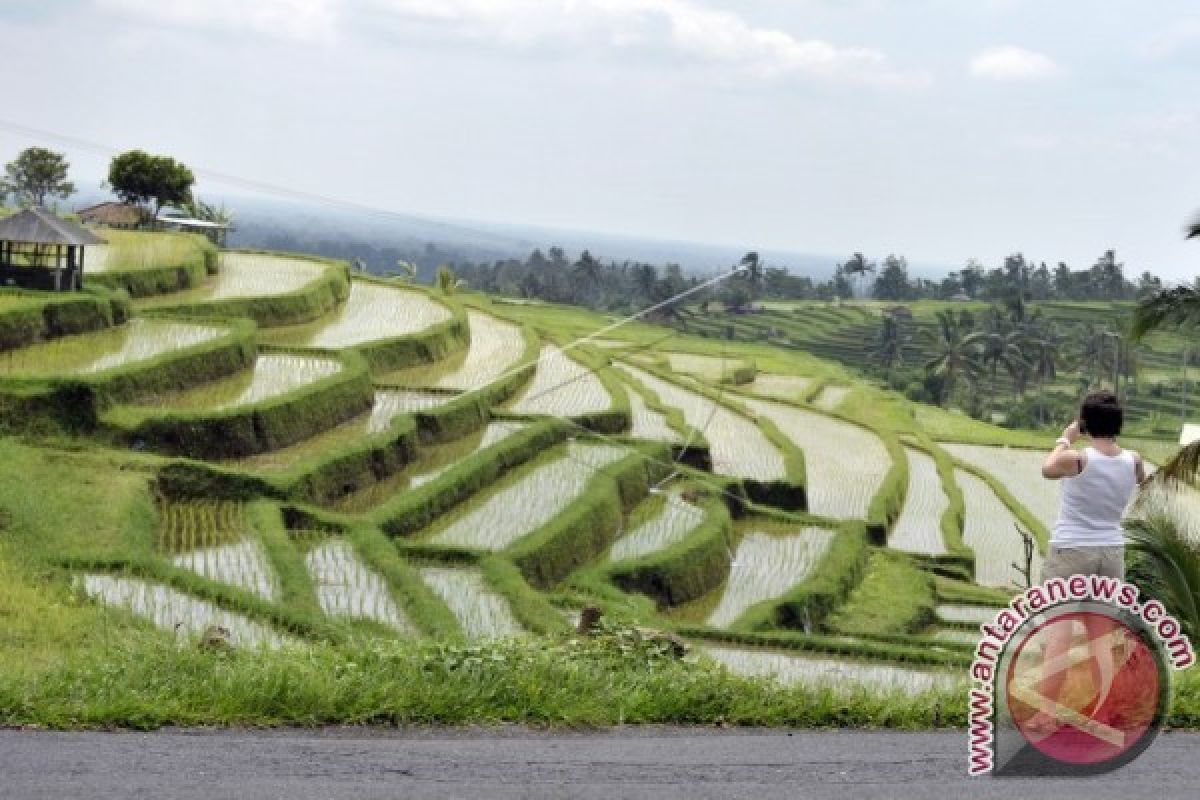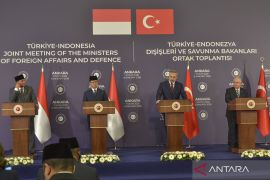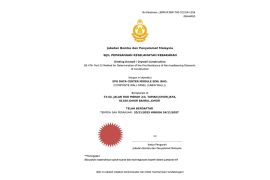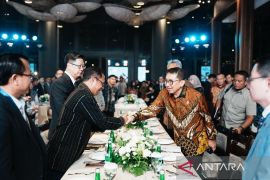This issue was raised following global food insecurity that has affected many people due to economic challenges, climate change, geopolitical conflicts, and supply chain disruptions, which have sent food prices soaring.
According to World Food Programme (WFP) data, 309 million people are facing chronic hunger in 71 countries.
In the latest report by the Food and Agriculture Organization (FAO) and WFP, there were 18 critical food insecurity hotspots in 17 countries or territories and one regional cluster.
Meanwhile, most ASEAN member countries have extensive agricultural land, but most of their ranks in the 2022 GFSI Food Security Index fell from the highest, 28th, to the lowest, 81st.
Despite Singapore being an island country and one of the smallest countries in the world, it was the ASEAN country with the highest rank on the 2022 Global Food Security Index, placing 28th with an overall score of 73.1.
Among other Southeast Asian countries, Malaysia ranked 41st with a score of 69.9, Vietnam 46th (67.9), Indonesia 63rd (60.2), Thailand 64th (60.1), the Philippines 67th (59.3), Cambodia 78th (55.7), and Laos 81st (53.1).
The index assessed the affordability, availability, quality and safety, as well as sustainability and adaptation of the food sector in 113 countries.
Regional collaboration
On August 8, 2024, the ASEAN celebrated 57 years of its formation.
When it was established in 1967, it declared the goals of accelerating economic growth, social progress, and cultural development in the region; realizing a prosperous and peaceful community; and promoting collaboration and mutual assistance in all fields, including agriculture, industry, and trade sectors.
Collaboration among the 10 ASEAN States is important to address current issues, such as climate change, which affects food supplies.
At the Special Senior Officials Meeting (SSOM) of the 45th Meeting of ASEAN Ministers on Agriculture and Forestry in Johor Bahru, Malaysia, on August 6, Indonesia urged ASEAN members to take coordinated steps to build regional readiness to anticipate a food crisis.
Apart from other initiatives, Indonesia is promoting the use of local food materials to solidify ASEAN countries' national food reserves.
The Indonesian Agriculture Ministry's acting secretary-general, Prihasto Setyanto, detailed that the initiative is meant to follow up on the ASEAN Leaders' Declaration on Strengthening Food Security and Nutrition in Response to Crises, which was adopted during the 43rd ASEAN Summit in Jakarta in September last year.
He highlighted that the SSOM has resulted in several agreements on cooperation in food resilience and security, fishery, forestry, and agriculture.
ASEAN countries have also agreed to draft the ASEAN Action Plan for Sustainable Agriculture and the ASEAN Action Plan on Food Security for the 2026–2030 period.
This progress aligned with the ASEAN Leaders’ Declaration on Food Security, where the document states the importance of sustainable agriculture and food systems to ensure food availability and affordability for all.
ASEAN leaders also called for action to prevent the worsening global food and nutrition security crisis, including the risk and unprecedented shock to agriculture and food systems in the region due to global population growth.
Hence, in mitigating food insecurity, leaders also pressed for reinforcing ASEAN's crucial role in strengthening multilateral support toward ensuring better food production.
Global collaboration
ASEAN cannot anticipate the threats of the food crisis alone, as the scope of the issue is global.
During the ASEAN-Canada Foreign Ministers Meeting in Vientiane, Laos, on July 26, 2024, Indonesian Foreign Affairs Minister Retno Marsudi interacted with Canadian Foreign Affairs Minister Melanie Joy during which the former encouraged the strengthening of cooperation in food security between the ASEAN and Canada.
Marsudi stated that food security remains a pressing global and regional challenge. Hence, she stressed the importance of close cooperation between countries to ensure food availability, accessibility, and affordability.
She explained that the cooperation could be implemented by establishing an ASEAN-Canada mechanism to ensure various agricultural needs, such as fertilizers during a crisis, or by cooperating on farming technology to improve the agricultural system's sustainability and resilience.
Furthermore, at the 50th Year of ASEAN-Japan Friendship and Cooperation in Tokyo in December 2023, Japan agreed to enhance cooperation with ASEAN in food security by increasing food productivity and supply chain by using technology, supplying fertilizers, and harmonizing agricultural commodity standards.
In addition, last year, at the ASEAN-Indo-Pacific Forum (AIPF) Leaders Talk, Japan, Australia, and Canada expressed their commitment to strengthening cooperation with and support for ASEAN in various fields, including supply chain resilience.
ASEAN is home to some of the world's fastest-growing economies, with a growing market and productive population, with over 670 million inhabitants in 2023, according to the International Monetary Fund (IMF) data.
Hence, ensuring food security in the region is imminent because if not managed well, the impact could be tremendous.
Related news: Indonesia asks ASEAN to prepare against food crisis threat
Related news: Indonesia pushes for stronger ASEAN-Canada food security ties
Editor: Rahmad Nasution
Copyright © ANTARA 2024












